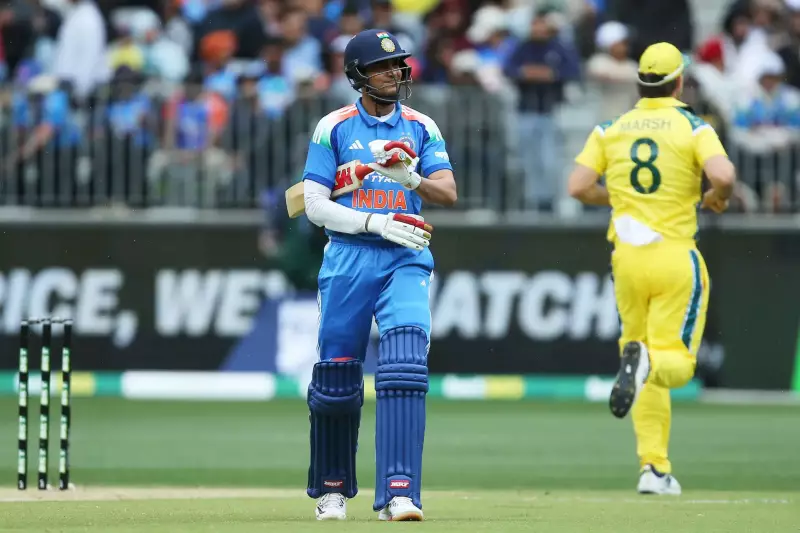
The first ODI between India and Australia in Mohali delivered more than just cricketing action—it served up a mathematical puzzle that left fans scratching their heads. When rain interrupted play, Australia found themselves chasing a revised target of 131 runs instead of India's total of 136. But how does this cricket arithmetic work?
The Rain Interruption That Changed Everything
India had set a competitive total of 136/4 in their 21 overs when dark clouds gathered over Mohali. The Australian innings began with a clear target, but Mother Nature had other plans. After just 5 overs of their chase, with Australia at 16/2, the skies opened up, forcing players off the field.
Demystifying the DLS Method
The Duckworth-Lewis-Stern (DLS) system, cricket's sophisticated rain-rule calculator, kicked into action. Here's what determined the revised target:
- Resource Percentage: Australia had used significant resources during their first 5 overs
- Overs Reduction: The match was shortened to 20 overs per side
- Wicket Factor: Losing 2 early wickets impacted their resource percentage
"The DLS method doesn't just look at runs scored—it calculates available resources including overs remaining and wickets in hand," explains cricket statisticians.
The Mathematical Breakdown
India's 136 runs came from 100% of their resources (21 overs). When rain stopped play, Australia had consumed approximately 24% of their resources while scoring 16 runs and losing 2 wickets. After the reduction to 20 overs, their available resources decreased, resulting in the revised target of 131.
Why This Matters for Cricket Fans
Understanding DLS is crucial for modern cricket enthusiasts. The system ensures fairness in rain-affected matches by considering multiple factors beyond simple run-rate calculations. It accounts for the strategic advantage of preserving wickets and the changing dynamics of limited-overs cricket.
The Mohali encounter demonstrated how weather can transform a straightforward chase into a mathematical challenge, proving that in modern cricket, numbers matter as much as batting skills.




